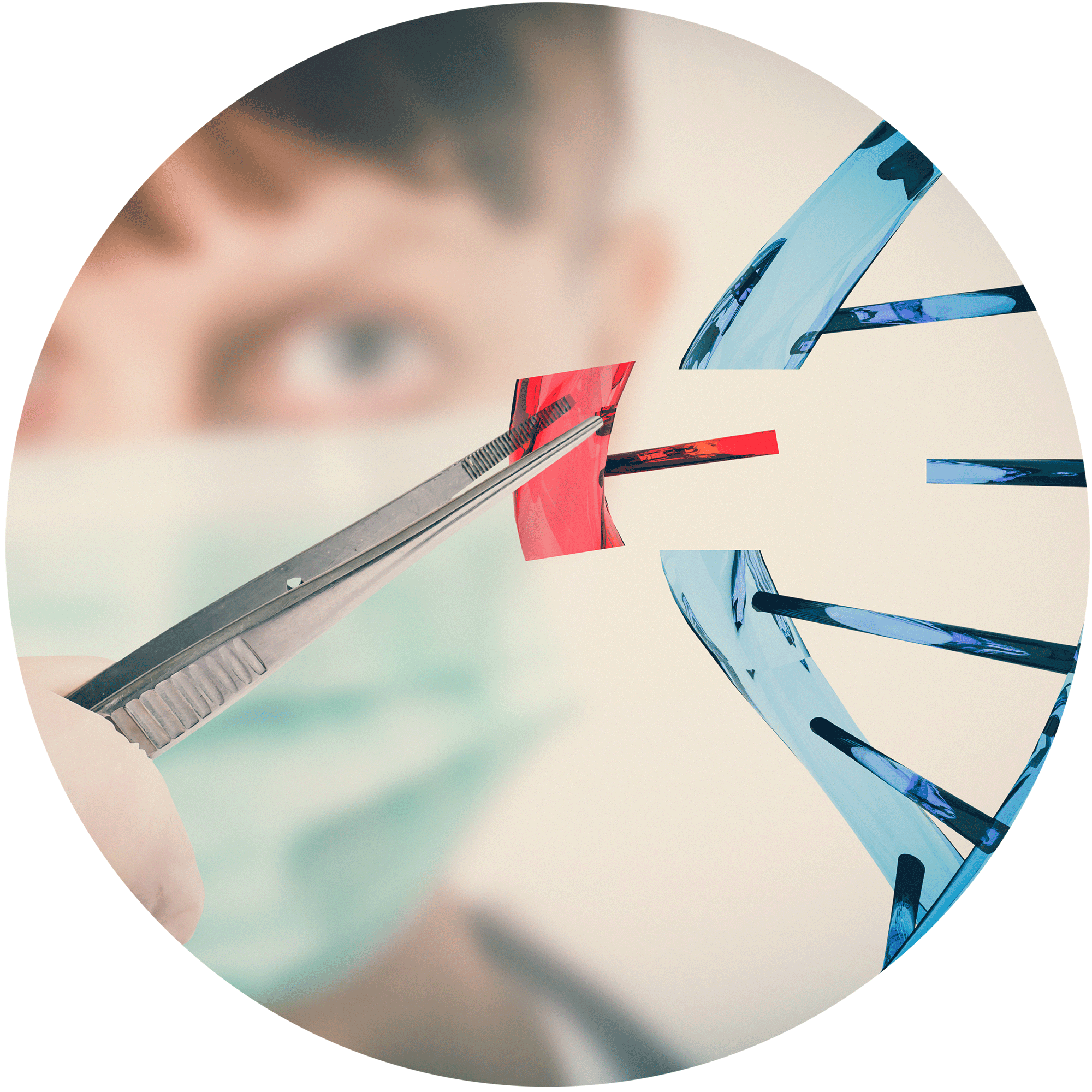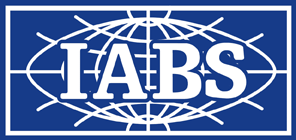

CELL & GENE THERAPY
Introduction
Currently there are important diseases which cannot be treated with conventional approaches, such as some genetic diseases or where there are multiple physiological defects with no obvious single therapeutic target.
A novel class of medicinal products, called cell and gene therapy products or advanced therapy medicinal products (ATMPs), hold promise to provide new approaches to treating such diseases.
These products contain cells, tissues, genes, or genetically modified cells as the active substance. These medicines should follow the same principles of drug development, including product manufacturing and testing, as well as safety and efficacy assessment inpatients, as any biological.
Goals & Objectives
Establish an overall strategy for the standardization requirements of ATMPs
Develop and publish an annually reviewed action plan with stakeholders based on the strategy
Set annual objectives and monitor progress through indicators of strategic success
Active involvement in related initiatives of other organizations such as WHO, ICH, ISCT, NIBSC, EDQM, USP, JP, NIST
Consolidate the role as a key partner and facilitator of informed scientific debate and consensus solutions
Members
Karin HOOGENDOORN
Chair
Ivana KNEZEVIC
World Health Organization
Takashi AOI
Kobe University
Ingrid MARKOVIC
Genentech
Anthony LUBINIECKI
Former Treasurer, IABS
Yoji SATO
National Institute of Health Sciences
Glyn STACEY
International Stem Cell Banking Initiative
Christopher BRAVERY
Consulting on Advanced Biological Ltd
Antony RIDGWAY
Health Canada
Mattias RENNER
Paul-Ehrlich Institut
Masayuki YAMATO
Tokyo Women’s Medical University
John PETRICCIANI
Former President, IABS
Marie-Emmanuelle BEHR-GROSS
European Directorate for the Quality of Medicines and Healthcare
Priorities & Initiatives
#1 Harmonization of standards in the field of cell and gene therapy products
#2 Quality standards and regulatory convergence for viral vectors for gene therapy products
In-vivo gene therapy products are products where the viral vector is the drug product.
Ex-vivo gene therapy products are medicines, where ex-vivo cells are genetically modified with a viral vector, e.g., chimeric antigen receptor T cells (CART) to treat cancer, where T cells are in a production environment genetically modified with a lentiviral vector (viral vector is starting material, not the drug product).
Current guidance doesn’t imply a difference in quality for vectors used ex-vivo as starting materials and vectors used in-vivo as drug products. It would be useful to developers of induced pluripotent stem cells (made using vectors) and ex-vivo gene therapy product developers to have a better idea how the quality can differ (or not).
#3 Quality standards and regulatory convergence for in-vivo gene therapy products
For such products all kinds of viral vectors are used. It is our intention to foster global standards related to the following aspects :
- Reference materials
- Process and product testing to assure the product will be of consistent quality, safe and efficacious (testing for purity, identity, potency, safety, and other attributes) and try to relate to in-vivo safety and efficacy read outs (in patients and animal models)
- Challenges around process development, optimization, validation, and scale-up
- Platform approach for various cell lines used to manufacture these viral vectors, such as HEK293, PERC6, Insect cell lines. Cell line testing e.g., with next generation sequencing (NGS) tools
- Quality expectations for viral vector being a drug product versus starting material
To review IABS Cell & Gene Therapy committee and workshops, click on the button below.

